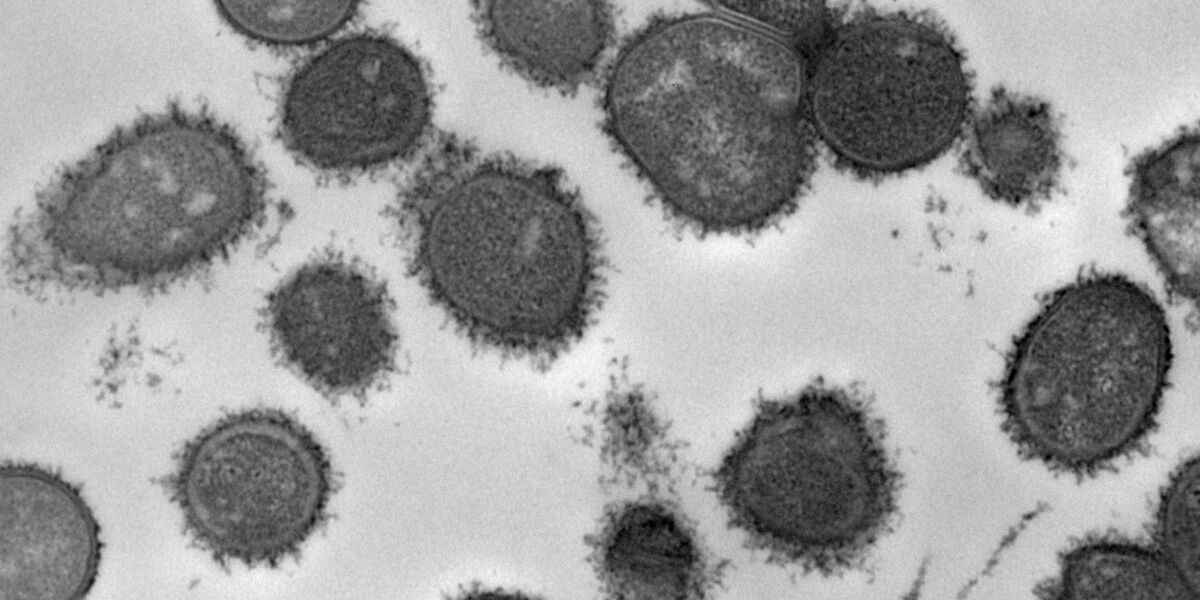
Former visiting scientist Kristina Vevik has published a new research article in Microbiology (Reading), co-authored with Silvio Uhlig from NIOM. The study combines NIOM’s UHPLC-MS/MS methodology with microbiological approaches to explore how the signaling molecule c-di-AMP regulates growth of the oral commensal bacterium Streptococcus mitis under several stress conditions.
“Our results show that TrkA binds c-di-AMP and has a role in the regulation of potassium homeostasis in Streptococcus mitis. This adds to our understanding of how oral bacteria adapt to environmental stress and may ultimately help us identify new targets for antimicrobial strategies,” says first author Kristina Vevik.
Background
The focus of the study is the bacterial signaling molecule c-di-AMP, known to influence growth, biofilm formation, and stress responses. The researchers found that mutants unable to produce c-di-AMP grew poorly in low-potassium environments, while strains overproducing the molecule showed reduced survival in high sodium conditions.
Main results
A key finding was the identification of the TrkA protein as a direct binding partner of c-di-AMP. Strains lacking TrkA were unable to grow under potassium limitation, and analysis revealed that c-di-AMP levels were significantly reduced in the trkA mutant. The results establish TrkA as an important player in potassium regulation and suggest an additional role in UV stress tolerance.

